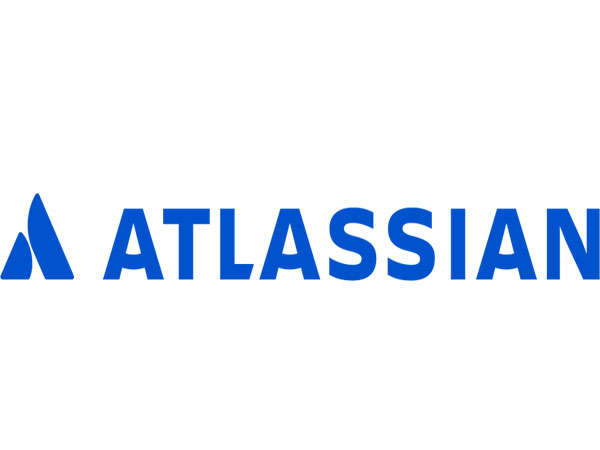
Atlassian study reveals 76% of Indian knowledge workers report year-end project pile-up
As the year winds down, a familiar sense of urgency sets in for knowledge workers across India. Deadlines loom, projects accumulate, and the pressure to finish strong before the holidays intensifies. New research from Atlassian, a global leader in team collaboration and productivity software, reveals the extent of this year-end rush: an overwhelming 76% of Indian knowledge workers report having unfinished projects as the year comes to a close.
The global survey, which included responses from 6,000 workers across India, Australia, the US, France, Germany, and the UK, sheds light on the challenges faced by knowledge workers as the end-of-year crunch fast approaches. Among the 1,000+ Indian respondents, the main reasons for unfinished projects were:
- Unexpected Challenges: 36% cited unforeseen hurdles as the leading cause for projects going unfinished.
- Overcommitment: 32% admitted their teams had taken on more work than they could realistically manage.
- Shifting Priorities: 31% pointed to changing goals and priorities as a significant factor in project setbacks.
Molly Sands, Head of Teamwork Lab, Atlassian said, “While the end of the year often brings pressure to wrap up projects, it’s also a chance to reassess your priorities. Many of us try to do too much at once, which slows us down and compromises quality. Instead, use this moment to let go of low impact projects, focus on the outcomes that truly matter, and set yourself up for a fresh, focused return. That kind of clarity and intention is invaluable.”
Key India findings from the report
The research uncovers a concerning trend: the ‘out of sight, out of mind’ phenomenon. While 36% maintain a ‘new year, same priorities’ approach, 25% admit to good intentions but poor follow-through. Nearly three in ten (28%) selectively circle back, and a worrying 10% confess that some projects simply get forgotten.
Generational differences are evident: Gen Z (14%) and Millennials (11%) are more likely to let projects slip, while Gen X shows greater focus on wrapping things up, with 40% aiming to complete tasks by year-end, compared to 29% of Gen Z and 31% of Millennials.
Keeping projects moving, even when teams are apart
Asynchronous work keeps tasks moving forward without requiring all team members to be available at the same time. This is especially useful during the holiday season, when mismatched PTO schedules, competing priorities, and fluctuating energy levels can make it tough to coordinate, risking delays or stalled progress. Here are four tips for teams to pick up work, right where they left off in 2025:
- Be realistic about your calendar: Assess your calendar to make sure you have enough focus time to get your most important work done.
- If it doesn’t move the needle, scrap it now: Drop low-impact projects and focus on what truly matters to improve quality and outcomes.
- Think async first: When pressure mounts, avoid defaulting to meetings – they’re often unproductive. Instead, stay async and use tools like Loom for updates or FYIs.
- Capture context now for clarity post-holidays: Async work needs clear documentation – progress, decisions, and next steps – in accessible formats to keep work moving across holiday schedules.
“Many companies lack the right tools and norms to support their employees during stressful periods. As a result, their teams automatically resort to meetings and synchronous ways of working,” says Sands. “In contrast, companies that rely on effective asynchronous working methods can act much faster. This approach not only reduces stress, but also improves workflow and gives employees the opportunity to start the new year with renewed focus and confidence.”
